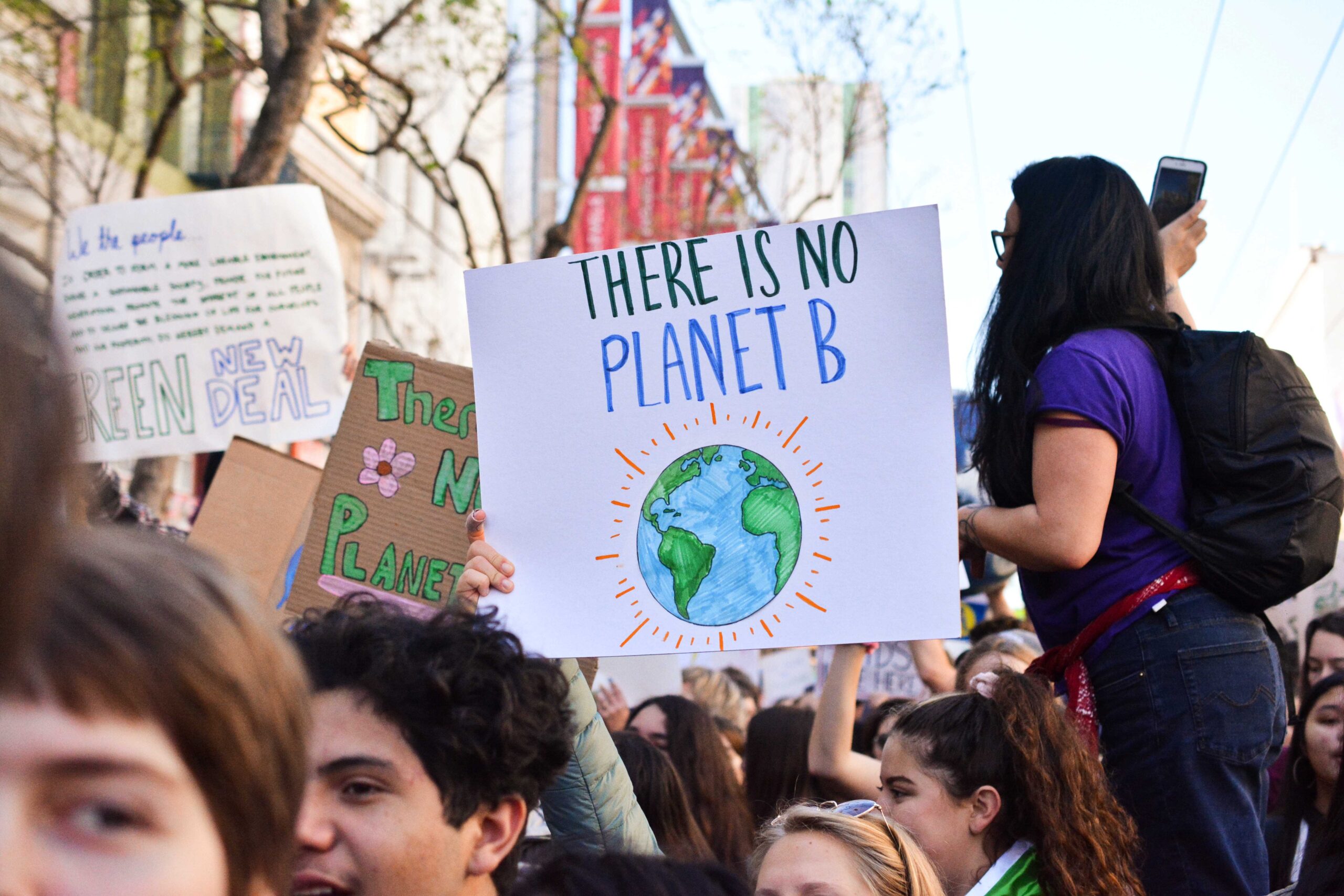As over 10,000 delegates gather in Nairobi for the landmark Africa Climate Summit 2023, the poignant reality of climate change is evident across the continent. The severity of this crisis demands more than rhetoric or greenwashing; it demands substantial action.
East Africa, particularly Kenya and the Horn of Africa region, has become a harrowing testament to the toll of climate change. Recurring droughts have left thousands dead, both humans and wildlife. Flooding, once an infrequent disaster, is now a looming threat. Disasters, whether droughts or floods, aren’t mere statistics – they are the lived realities of countless Africans. The call for urgent action at the Summit isn’t a political play; it’s a desperate cry for survival.
Climate change isn’t just about extreme weather events. Conservationists stress that biodiversity is also a casualty. The direct fallout of these climate extremes is evident in the mass die-offs of wildlife in regions like Kenya and Zimbabwe. Local communities, increasingly vulnerable to these shifts, are forced into unsustainable reliance on natural resources, aggravating climate calamities even further.
Director of IFAW Zimbabwe, Alleta Nyahuye, rightly points out the need for ‘homegrown solutions at the continent level with scientific input from across the globe.’ Such solutions would not only address climate change but also offer a sustainable future where humans and wildlife co-exist harmoniously.
Previous summits, globally, have been marked by well-phrased commitments, but often, these have fallen short in their implementation. Patricio Ndadzela, the director of IFAW Malawi-Zambia, strikes a chord when he emphasizes the need for tangible outcomes, primarily focusing on financing and preserving biodiversity. The upcoming Nairobi Declaration, expected to result from the Summit, should be more than just words; it needs to translate into real-world impacts.
The Africa Climate Summit, a precursor to the COP28 in the UAE, offers Africa a platform to unite and solidify its stance on climate action. But as the lead up to this summit has shown, genuine African priorities need to take center stage. Eliminating fossil fuels, though unmentioned in the summit’s concept note, should be a non-negotiable priority. Equally important will be discussions on redirecting the narrative from Africa as a perpetual victim to a continent ready to take charge with sustainable solutions.
Despite contributing a mere 3% of global carbon emissions, Africa is disproportionately impacted by climate change. The prevalent finance gap only exacerbates this vulnerability. Carbon credits and market-based financing instruments, while having their merits, cannot be the sole solutions. Richer countries must honor their financial commitments to developing nations. Additionally, initiatives like debt-for-nature swaps, exemplified by Gabon’s recent deal, offer promising avenues for conservation and economic growth.
Africa’s Climate Summit is a historic moment for the continent. Yet, it must move beyond the shadows of Western interests and greenwashing. Africa must carve its path, emphasizing both conservation and genuine climate action. The global community must recognize Africa not as a passive victim but as an active participant in shaping a sustainable future.
As the continent convenes to tackle its most pressing challenge, the world watches. Let this summit not be a mere event in the annals of history but a turning point where Africa rises, united in purpose and action, to combat the climate crisis.
Image Credit: Li-An Lim on Unsplash




